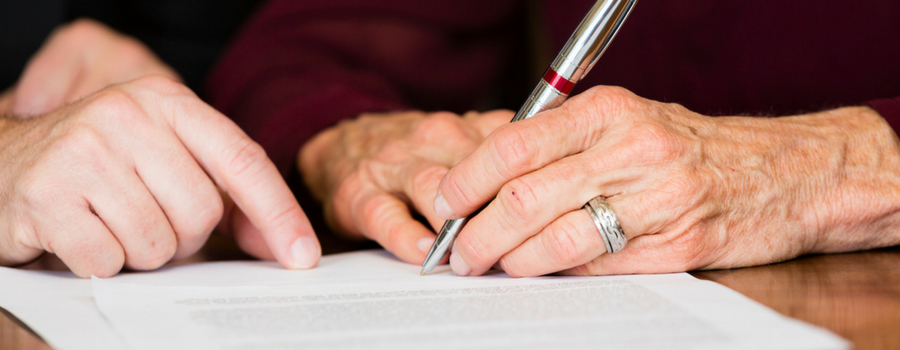
What is Undue Influence in Will Caveat Cases?
In order to set aside a Will after a person has died, a Caveator (the person attacking the Will) has three courses of action under the law. First, he can assert that the Testator (the person making the Will) was incompetent mentally to make a Will. This claim is mostly a medical issue, but the competency can also be proved by lay witnesses who can testify about a person’s ability to know who their family is, what their property consists of, and how they wish to dispose of it at death. Secondly, they can allege that the Will was procured by “undue influence.” Finally, they can allege that the Will was not executed properly such as failing to follow the appropriate North Carolina Statutes in the formality of the signing of the Will.
In this brief article, we will discuss only the second prong of attack, which is undue influence.
Undue influence has been defined in North Carolina as “a fraudulent influence over the mind and will of another to the extent that the professed action is not freely done but is in truth the act of the one who procures the result.” That definition is helpful, but the Courts go on to give us various factors they consider as indicators of undue influence having been exerted by someone on a Testator who is making a Will. Those factors include:
- The old age and physical or mental weakness of the Testator at the time the Will is signed.
- The Testator at the time the Will is signed is living in the home of the beneficiary of the Will and subject to that person’s constant association and supervision.
- Other people such as other family members or close friends have little or no opportunity to see the Testator during a significant period of time leading up to the signing of the Will.
- The Will is different from a prior Will and revokes that prior Will in a way that excludes people from receiving property who are not otherwise excluded from receiving the property.
- A new Will is made in favor of a person who has no ties to the Testator by blood or marriage.
- The new Will disinherits and excludes the natural heirs of the person such as a spouse or children.
- The person who benefits from the Will is the one who made the arrangements to have the Will prepared by contacting the attorney or otherwise managing and coordinating the process of obtaining the Will.
In order to succeed in a Will Caveat action asserting undue influence, a Caveator is not required to show by evidence the existence of each and every factor described above. Rather a combination of these factors taken as a whole can show undue influence where just one of the factors alone might be insufficient.
In a recent North Carolina Court of Appeals case, the Propounder of a Will was also the primary caregiver to the person who had signed the Will, and there was substantial evidence that she had prevented other family members and close friends from visiting the Testator before the signing of the Will. Such evidence can certainly cause a jury to come to the conclusion that the Will in question was the subject of undue influence. However, that factor alone might not be enough unless it was also true that the Will in question disinherited other natural heirs and differed from a prior Will in a significant way.
The point is that when trying to prove undue influence, the more of the seven factors stated above that are present in a Will Caveat, the more likely a jury would conclude a Will was procured as the result of undue influence.

